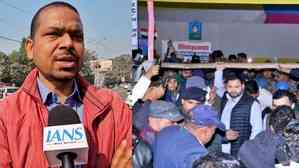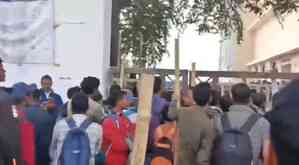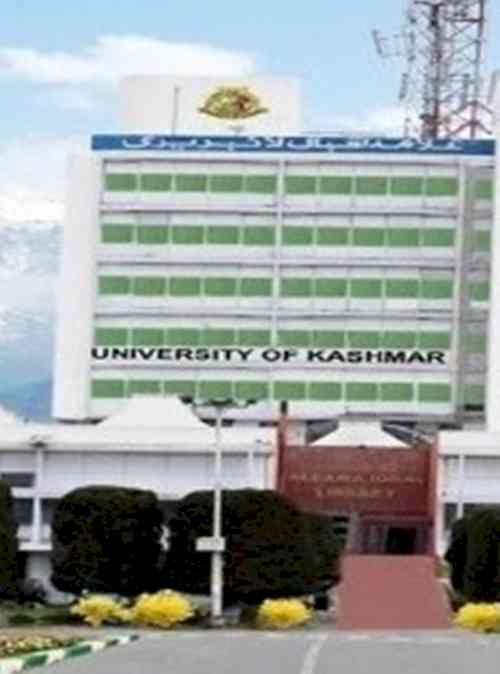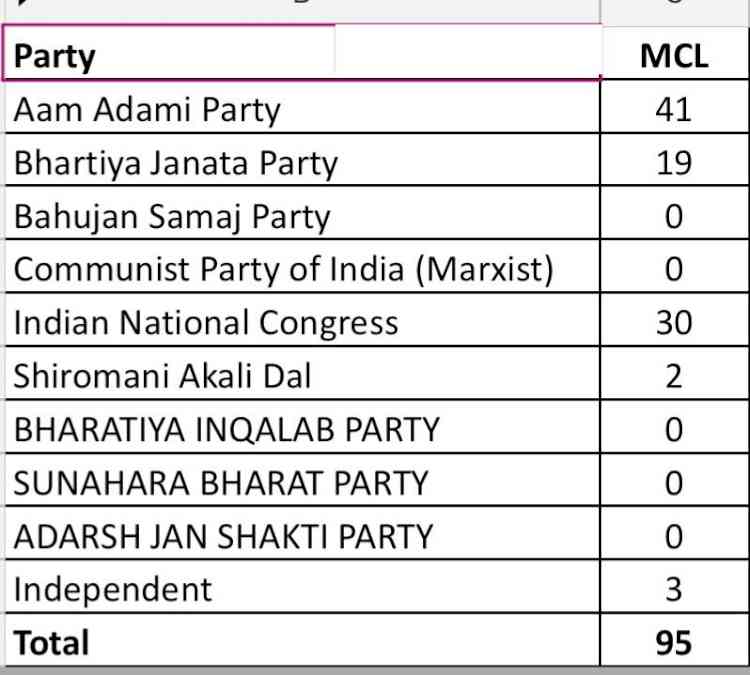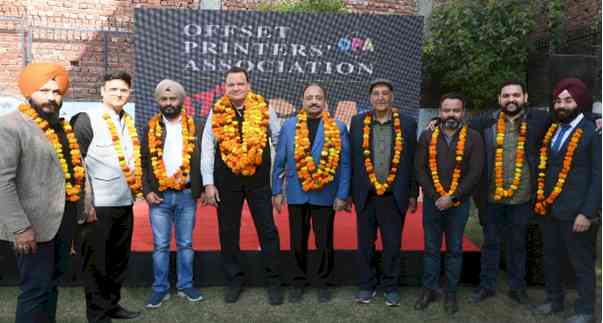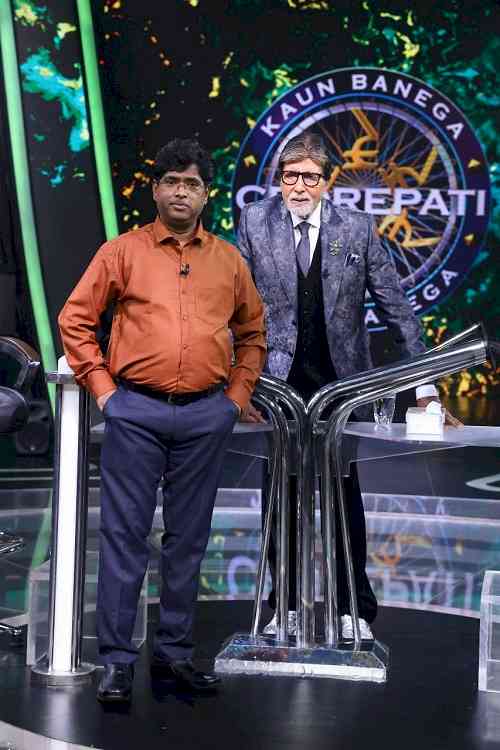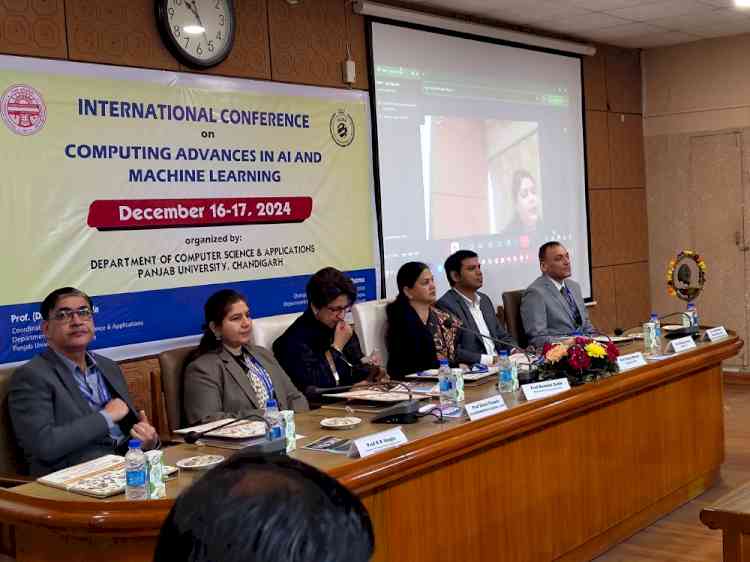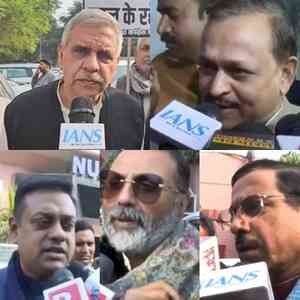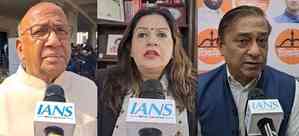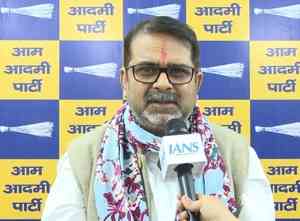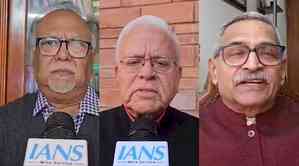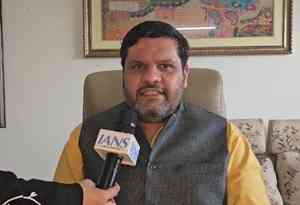Covid-19 brings in greater need for multilateralism, say experts at Amity University
The three-day conference will also see deliberations on Foreign Policies of South Asian Countries in Post-COVID-19 world
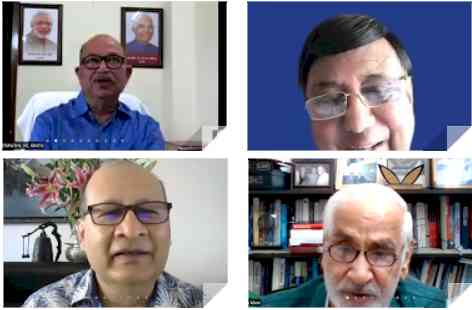
A three-day International e-Conference ‘VIJIGISHU 2020’ on ‘Reimagining South Asia: Multilateralism in the Post COVID World’ was inaugurated at Amity University. The conference is being organised by Amity Institute of International Studies, Amity University Uttar Pradesh in collaboration with Nepal Institute for International Cooperation and Engagement (NIICE), Kathmandu and Moolya Foundation, New Delhi. More than 300 participants from over 30 organizations will be deliberating on the changing dynamics of multilateralism in the post pandemic world.
Dr. Ashok K Chauhan, Founder President, Amity Education & Research Group shared that the theme of the conference holds great significance in the present scenario as India is surrounded by seven important neighbouring countries and stressed on the need to foster positive relations with them. He called for the establishment of ‘Amity South Asia Thought & Action Forum’ to convert the thoughts discussed into action for nation building.
Dr. Balvinder Shukla, Vice Chancellor, Amity University stated that no country was prepared to deal with the global pandemic that has caused deep economic and social impact. She averred that it is the right time for multi-lateral organizations in the South East region to look at fostering harmonious relations among countries in the region and devise ways & means to tide over this crisis.
Chief Guest of the conference Prof. Prakash M. Tripathi, VC, Indira Gandhi National Tribal University shared that COVID-19 has made the entire globe stand on a common ground & look for ways to come out of this pandemic. He called for bringing about a change in the structure of the United Nations to incorporate other smaller nations as well in decision making. Prof. Tripathi called for relooking at the role of South East Nations, how they can be more proactive in contributing towards global issues and how such a platform would lead to exchange of ideas. He stressed on maintaining global peace and called for collective action to tackle issues arising out of COVID-19 including unemployment.
Keynote Speaker Prof. S.D. Mani, Professors Emeritus, JNU said that the discomfort of the present circumstances has led to reimagination of the situations through realistic, positive & creative aspects. He averred that multilateralism is a product of globalisation that has been dented severely in the past few years. He stated that this crisis has led to many countries adopting the concept of ‘me-first’. He added that COVID has unleashed a greater need of multilateralism in the areas of health, fighting terrorism & climate change and the need for being self-centeredness in the areas of trade etc.
Guest of Honour Amb. Vishnu Prakash, Former High Commissioner to Canada, India averred that though the post-covid world will be poorer, leaner, and meaner but it is more significant to find out when the pandemic will be over. He added that the UN, owing to its structure, has brought about a stalemate & made it difficult for it to function by being dependent on the permanent members. He shared that the world was looking at a longish standoff with China in the coming future.
Dr. Pramod Jaiswal, Director, NIICE Nepal welcomed the gathering and shared that COVID-19 has altered the world & will have impact across the world.
Prof. V. Yoga Jyotsana, Dean, AIIS Noida, shared insights about the theme of the programme and averred that temporary world is facing a mega war with immense magnitude because of COVID-19. It is a huge burden on South East Asia and cannot be left to single governments or the United Nations and everybody must come together and fight this pandemic.
The three-day conference will also see deliberations on Foreign Policies of South Asian Countries in Post-COVID-19 world; Bilateral Relations between South Asian Nations; Border, Defence and Strategic Scenario in South Asia Region and Energy and Economic Cooperation in South Asia among others.


 cityairnews
cityairnews 
